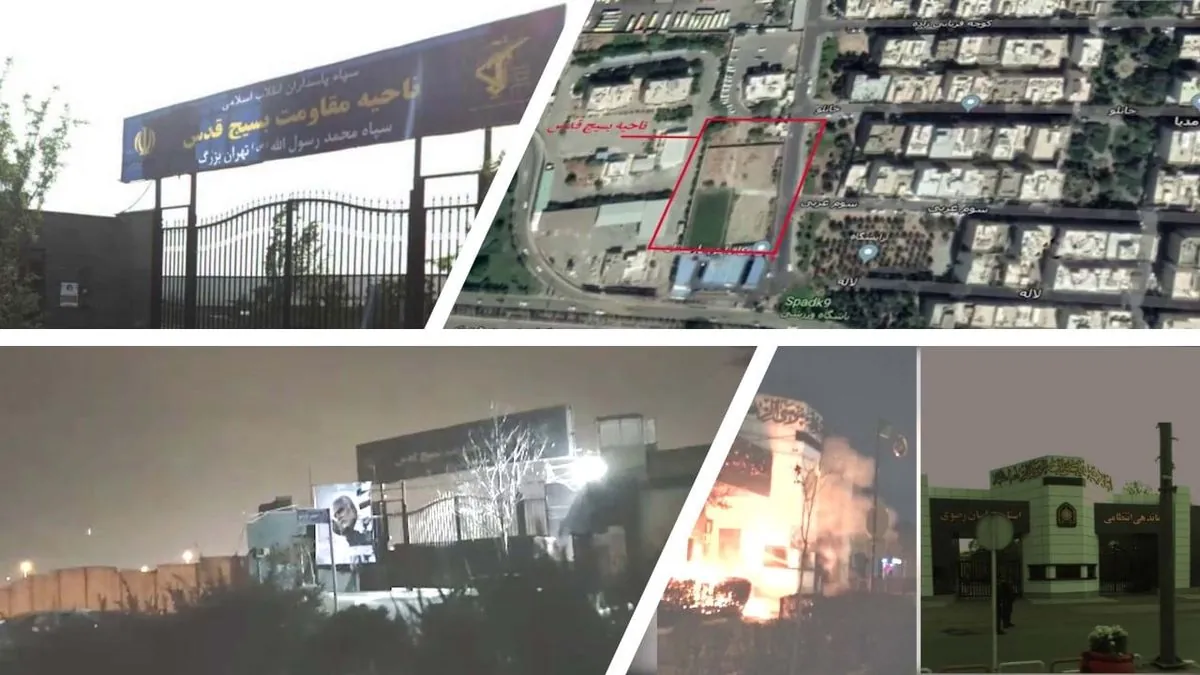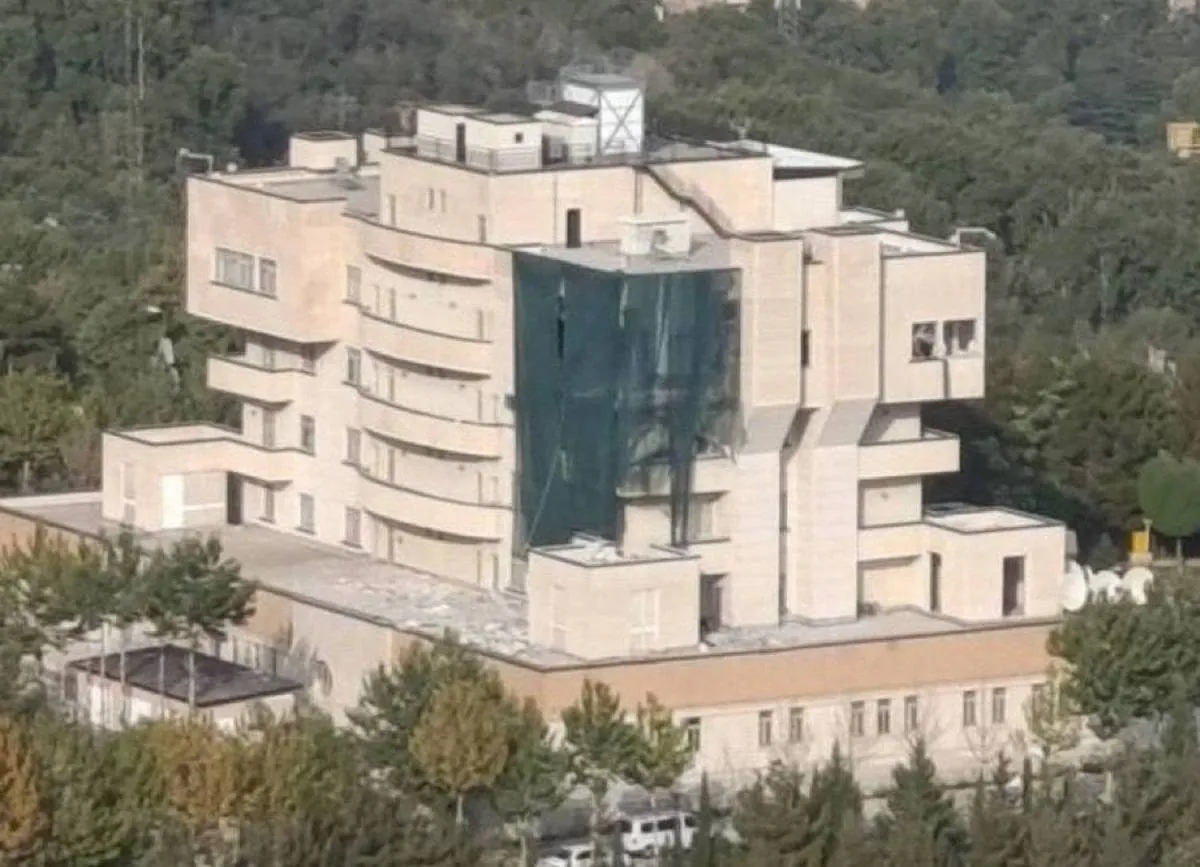Iran's Intelligence Failure: Haniyeh's Assassination Exposes Vulnerabilities
Israel's assassination of Hamas leader Ismail Haniyeh in Tehran reveals major flaws in Iran's intelligence apparatus. This event challenges Iran's status as a safe haven for terrorist leaders and may lead to internal purges.

In a stunning turn of events, Israel successfully assassinated Hamas political leader Ismail Haniyeh in Tehran, exposing significant vulnerabilities in Iran's intelligence apparatus. This incident, occurring just days after Esmail Khatib, Iran's outgoing intelligence minister, boasted about dismantling Mossad's infiltration network, has sent shockwaves through the Iranian regime.
The assassination took place in an Islamic Revolutionary Guard Corps (IRGC) guesthouse, highlighting a colossal intelligence failure within the organization considered the crème de la crème of Iran's security apparatus. This event has far-reaching implications for Iran's status as a safe haven for terrorist leaders and the regime's internal stability.

The IRGC, established in 1979 after the Iranian Revolution, has long been regarded as a formidable force in Iran's security landscape. With its own ground forces, navy, air force, and intelligence services, the IRGC reports directly to the Supreme Leader, currently Ali Khamenei. However, this recent failure has exposed significant cracks in its seemingly impenetrable facade.
This is not the first time the IRGC has faced such setbacks. In April 2024, Mohammad Reza Zahedi, the IRGC Quds Force's commander for the Levant, was killed in Syria. In November 2020, Mohsen Fakhrizadeh, a key figure in Iran's nuclear program, was assassinated despite IRGC protection. These incidents, along with Haniyeh's assassination, challenge Iran's reputation as a secure base for high-value terrorist leaders.
The implications of this intelligence failure extend beyond immediate security concerns. It is likely to increase paranoia within the regime, particularly as the 85-year-old Khamenei prepares for succession. The event may trigger a new wave of internal purges as the regime attempts to root out foreign infiltration and tighten its grip on the security services.
Iran's response to this incident could take various forms. Conventional military action, similar to the drone and missile barrage against Israel in April, is one possibility. Alternatively, the regime might consider a global campaign of terror against Israelis and Jews or escalate its nuclear program to demonstrate its resolve.
"The enemies of the Islamic Republic should know that our response to threats will be decisive and strong."
The long-term implications of this intelligence failure are significant. It may lead to extensive restructuring and purges within Iran's security apparatus, particularly affecting the IRGC Intelligence Organization and the Ansar al-Mahdi Protection Unit. The regime's paranoia about foreign infiltration is likely to intensify, potentially impacting its relationships with proxy groups and its ability to provide sanctuary to terrorist figures.
As Iran grapples with this security breach, the international community watches closely. The assassination of Haniyeh not only exposes vulnerabilities within Iran's intelligence services but also raises questions about the stability of the regime and its future trajectory in regional and global affairs.


































